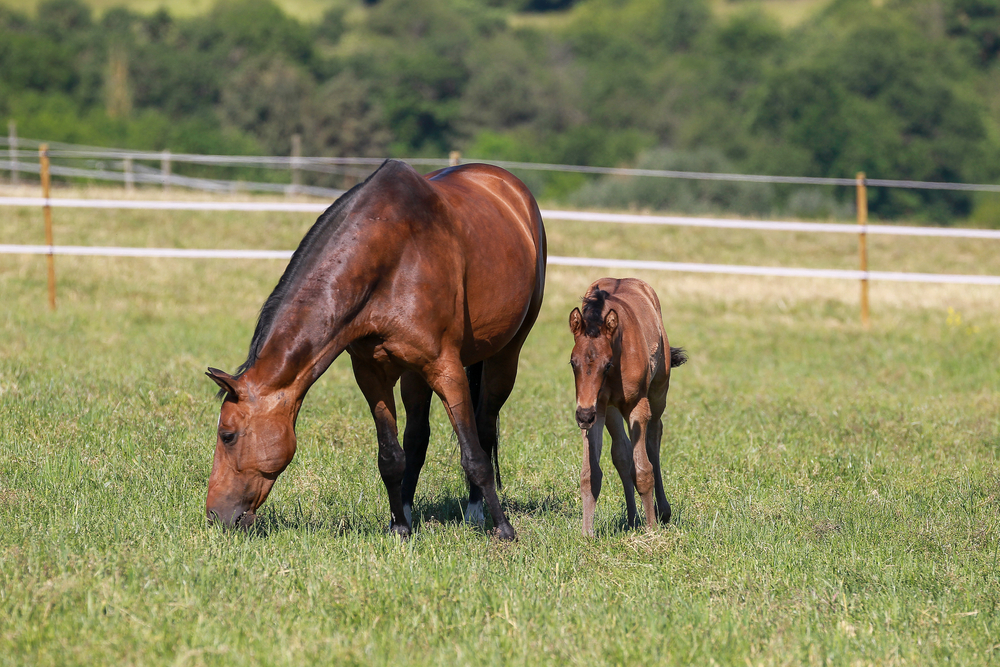Source: The Atlantic
Ty Lawrence, an animal-science professor, became fascinated with exceptional beef carcasses he encountered at slaughterhouses—animals with unusually fat-marbled meat in prime cuts. He realized the potential to clone these outliers and, after isolating muscle tissue, successfully cloned a bull and three heifers. Their offspring produced even better steak, confirming the idea of “crossbreeding carcasses.” Animal cloning is now a growing and commercialized industry, extending beyond high-end beef to pets, competition animals, and conservation efforts.
Despite increasing applications, public opinion often finds cloning “creepy,” and ethical concerns linger—particularly surrounding animal welfare, surrogate exploitation, and food-chain implications. Furthermore, a pet-cloning boom in countries like China shows emotional motivations fueling demand. Federal regulation in the U.S. remains inconsistent, with oversight focused mainly on food safety rather than animal welfare. Ultimately, the story portrays cloning as technically feasible and economically viable, but ethically charged and socially controversial.
Read the full story HERE: https://www.theatlantic.com/magazine/archive/2025/07/animal-cloning-industry/682892/

